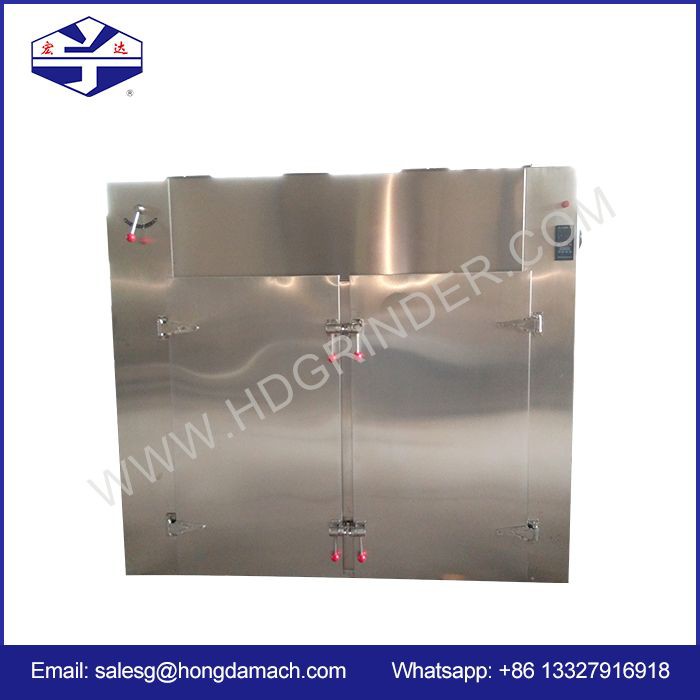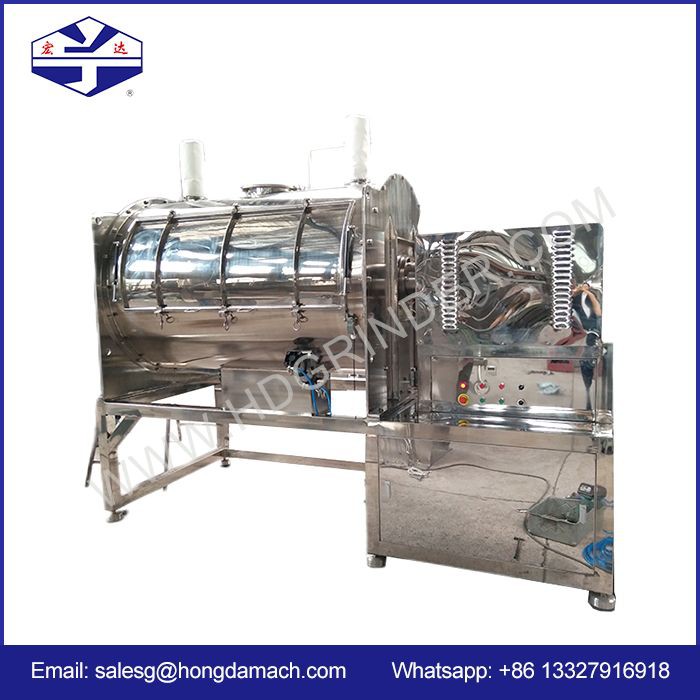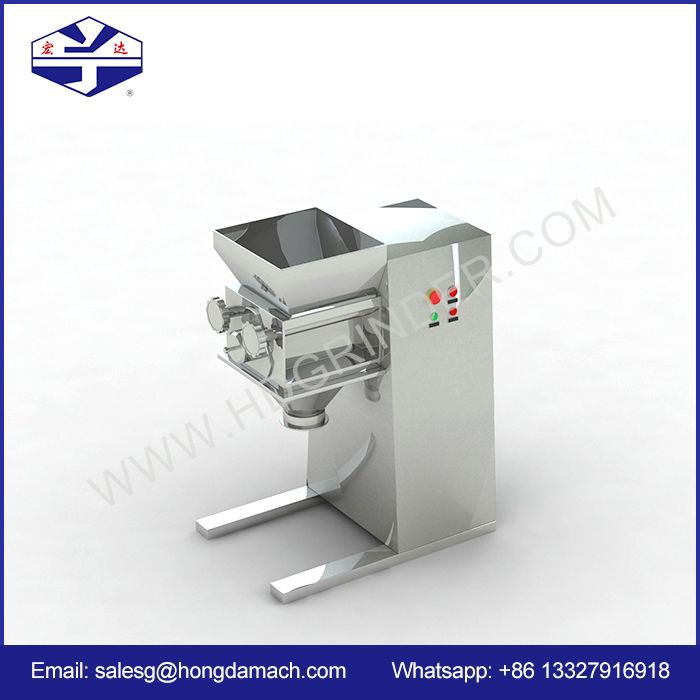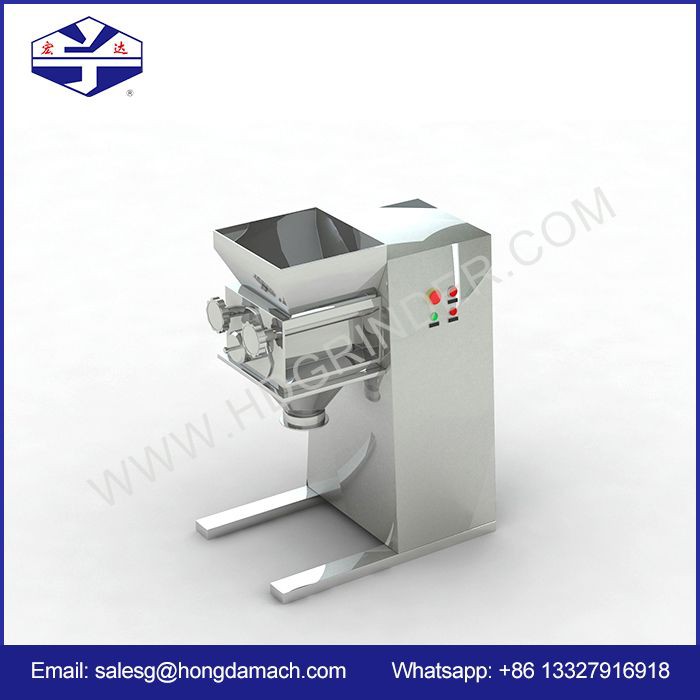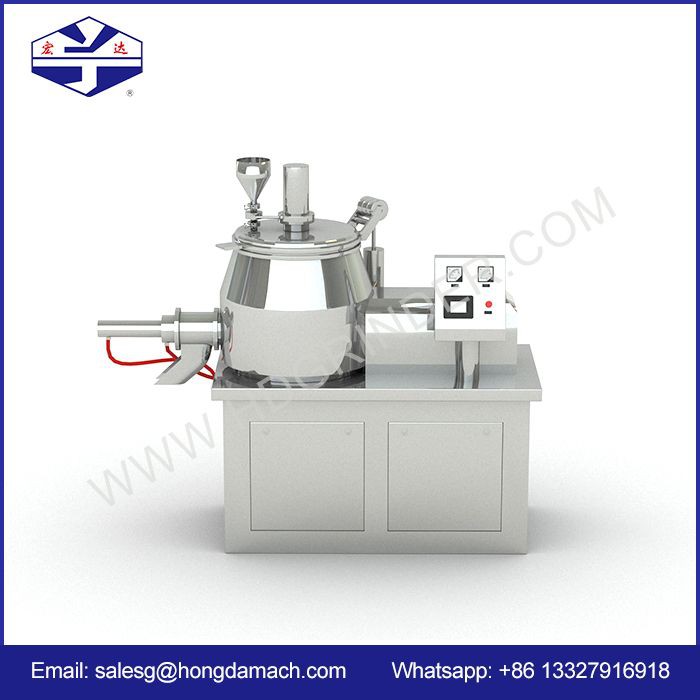Knowledge
Advantages of Grinding Machine for Food
Grinding machines have become an essential tool in the food industry for various reasons. They are versatile, produce high-quality products, and can cut down on labor costs:
1. Enhance Quality: Grinding machines produce a smooth and even texture in food, reducing the chances of food contamination and boosting the aesthetic appeal. This is a significant advantage, especially in the production of food products like spices, sugar, and flour.
2. Saving Time and Labor Costs: The conventional method of manual grinding can be time-consuming and laborious. It also requires quite a bit of manpower to grind the desired amount of food. However, with the use of grinding machines, multiple units of food products can be processed efficiently in a shorter time, saving on labor and equipment costs.
3. Increase Efficiency: Grinding machines can handle large volumes of food products at once, allowing for faster processing. With the use of automated systems, the process of grinding can be controlled accurately, ensuring consistent and uniform results.
4. Versatility: Grinding machines are versatile and can be used to grind a wide range of food products, from grains, nuts, and seeds to spices and herbs. Their ability to handle a variety of food products means that they can be used in many different food industries, making them an essential tool for any food business.
5. Superior Quality and Taste: Grinding machines produce finer and more uniform particles, giving food products a better texture and flavor profile. For example, coffee beans that are ground in a machine produce a better flavor and aroma than pre-ground coffee from a package.
Grinding machines have become an integral part of the food industry because of their efficiency and versatility. They provide an excellent way to improve the quality of food products, reduce labor costs, and increase production efficiency. These advantages make them a valuable investment for any business seeking to improve their food production process.
1. Enhance Quality: Grinding machines produce a smooth and even texture in food, reducing the chances of food contamination and boosting the aesthetic appeal. This is a significant advantage, especially in the production of food products like spices, sugar, and flour.
2. Saving Time and Labor Costs: The conventional method of manual grinding can be time-consuming and laborious. It also requires quite a bit of manpower to grind the desired amount of food. However, with the use of grinding machines, multiple units of food products can be processed efficiently in a shorter time, saving on labor and equipment costs.
3. Increase Efficiency: Grinding machines can handle large volumes of food products at once, allowing for faster processing. With the use of automated systems, the process of grinding can be controlled accurately, ensuring consistent and uniform results.
4. Versatility: Grinding machines are versatile and can be used to grind a wide range of food products, from grains, nuts, and seeds to spices and herbs. Their ability to handle a variety of food products means that they can be used in many different food industries, making them an essential tool for any food business.
5. Superior Quality and Taste: Grinding machines produce finer and more uniform particles, giving food products a better texture and flavor profile. For example, coffee beans that are ground in a machine produce a better flavor and aroma than pre-ground coffee from a package.
Grinding machines have become an integral part of the food industry because of their efficiency and versatility. They provide an excellent way to improve the quality of food products, reduce labor costs, and increase production efficiency. These advantages make them a valuable investment for any business seeking to improve their food production process.
Send Inquiry


